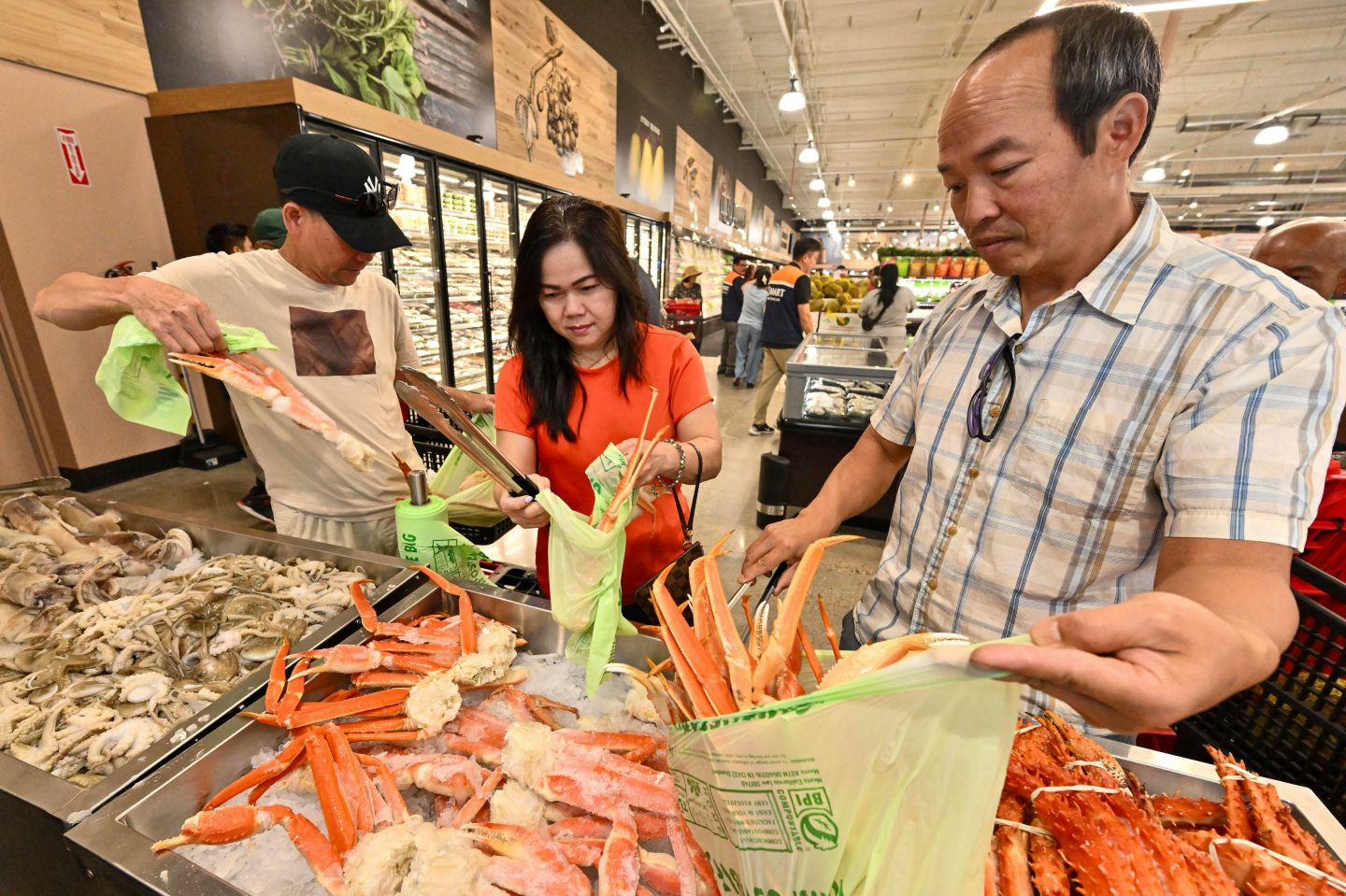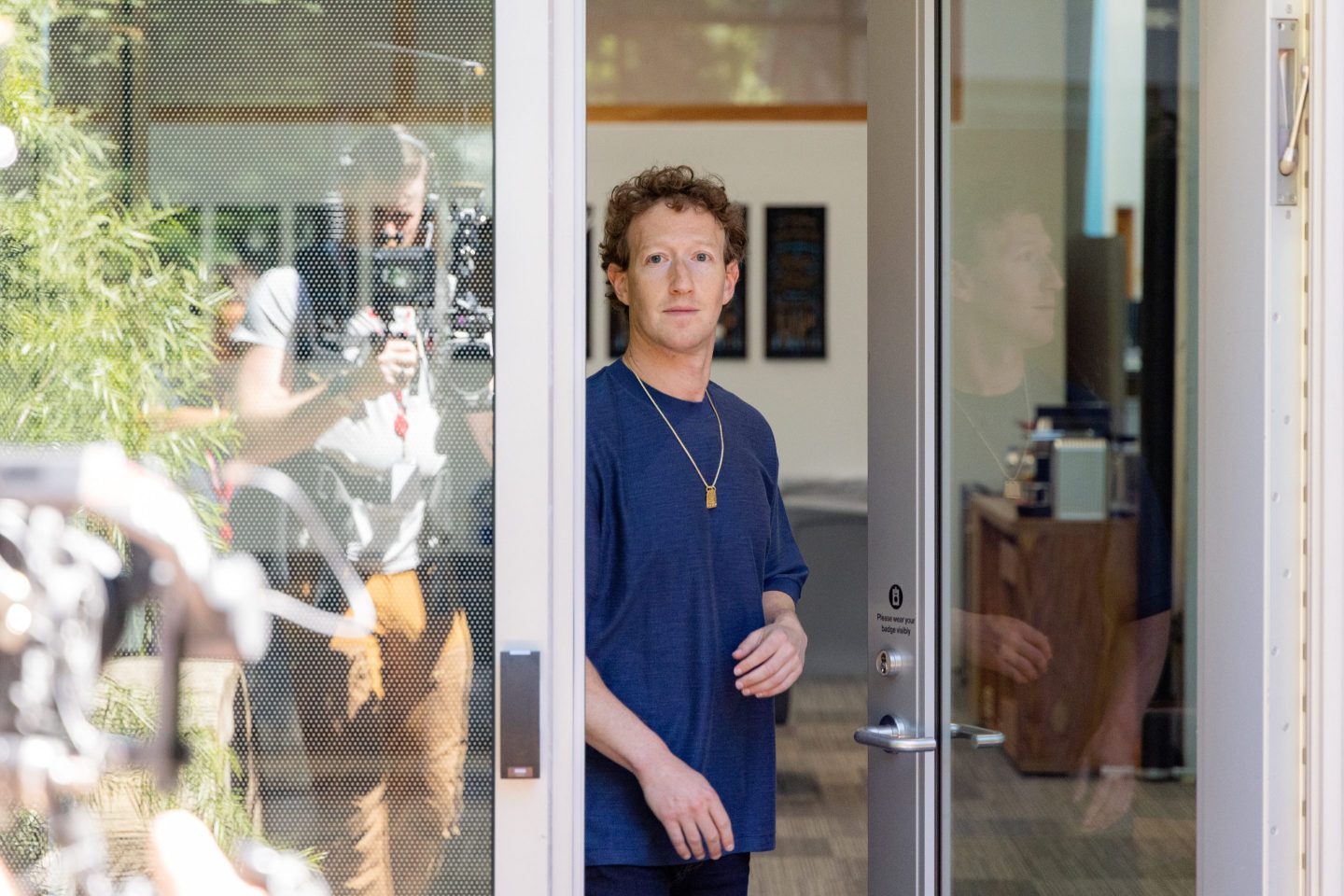“Big Food is under attack from Startup Granola,” Coins2Day’s Beth Kowitt declared in 2015. She explained: “While consumers have long associated the stuff on the labels they can’t pronounce with Big Food’s products—the endless strip of cans and boxes that primarily populate the center aisles of the grocery store—they now have somewhere else to turn… And that has brought the entire colossal, $1-trillion-a-year food retail business to a tipping point.”
Kowitt’s fascinating deep dive explores how America’s biggest food companies—including Campbell’s, Nestlé, Hershey, and General Mills—were evolving to cater to this shift in consumer tastes. They had become eager to go beyond the kind of vague gestures toward “natural” food that Stonyfield Farm cofounder and chairman Gary Hirshberg aptly dismissed as “the barn on the package.”
Today, amid the ascendance of the “Make America Healthy Again” campaign championed by the Trump administration and Health and Human Services Secretary Robert F. Kennedy, Jr., food companies face a new set of cultural headwinds around what we eat and why. But as the New York Times reported recently in a feature about the Amazon-owned Whole Foods, the ideological fault lines are far from clear. The natural food chain that helped “elevate the organic movement from niche lifestyle to booming product category” now faces criticism from both sides of the political aisle on issues like whether to ban seed oils from its shelves.
Kowitt’s reporting is a useful reminder that the “paradigm shift” in Americans’ food consumption was never a simple adjustment for companies. Take the polarizing issue of labeling for genetically modified foods (GMOs), for instance. As Kowitt wrote, “Polls show that the vast majority of consumers say they support labeling products that contain GMOs, even though regulators—and established scientific organizations—have declared such modifications safe. Big food companies, however, have poured millions of dollars into overturning state initiatives that require labeling.”
There are no easy solutions. But “the smartest thing you can do as a CEO right now is to side with the consumer,” Stonyfield’s Hirshberg told Kowitt in 2015. That’s probably still good advice.











